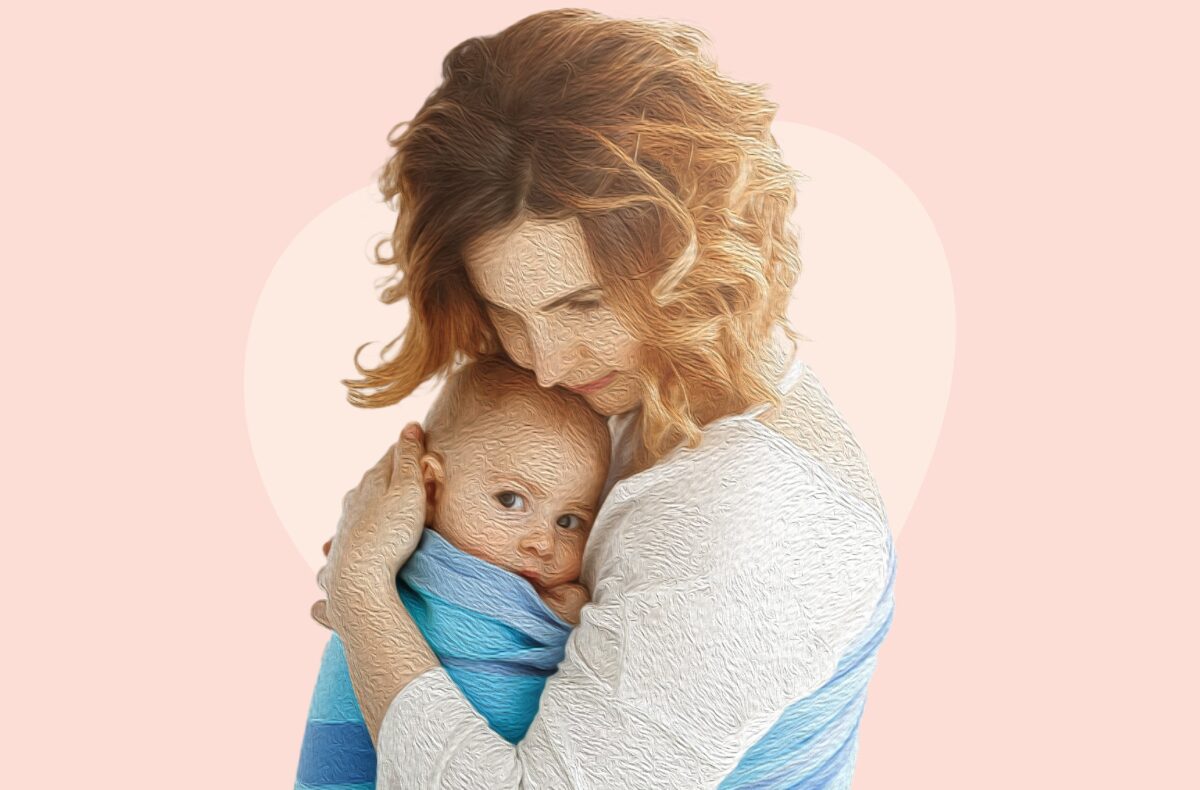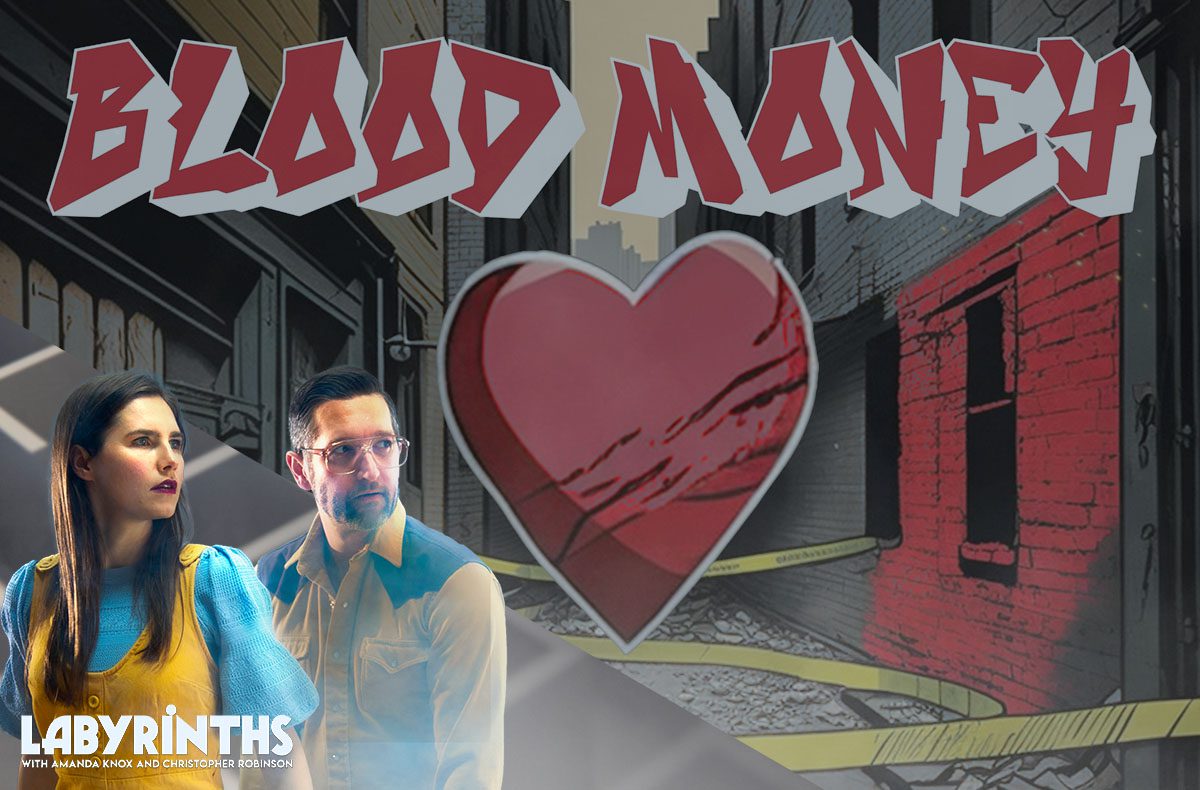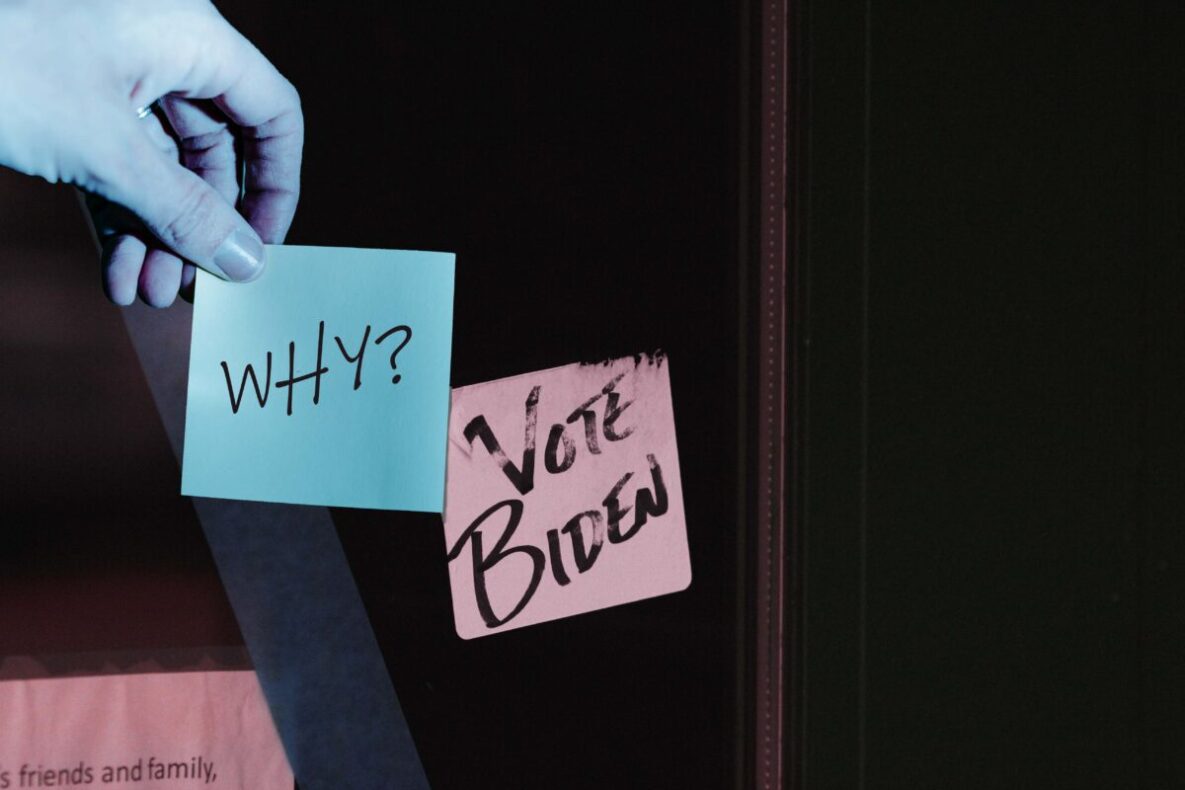
In those first bleary months of motherhood, I learned, as all parents do, the why is my baby crying checklist: Does she need a diaper change? Does she need milk? Does she need a cuddle or a rocking? Does she need a change of situation? Does she need to sleep? That’s really about it. Five things. With rare exceptions, addressing one of those five needs would calm her down, and I learned to anticipate those needs and address them before they reached the point of discomfort. I now have a well adjusted and genial baby. Some part of that is surely constitutional, and I’m grateful she wasn’t collicky. But I’m even more grateful for what this revealed to me about human nature, which persists into adulthood.
That checklist still applies to me as a 35 year old woman. It applies to my parents, and to you, and to every adult in society. I’ve learned that when someone is unhappy or acting like a jerk, it’s very likely that one of those five needs has not been met. They’re hungry, or tired, they need to take a walk, or use the bathroom, or get a little dose of oxytocin from a good hug. I think this is true in the immediate sense, and in a broader social sense. The phenomenon of angry young men often ridiculed as incels is largely explainable by two of these five needs: they’re not feeling loved, and they need a change of situation.
Realizing how much we are all just complicated babies has given me a lot of compassion for my fellow humans. It’s not my daughter’s fault that she doesn’t understand her own needs or how to communicate them. And unfortunately, a lot of adults are still learning that skill. Even when you have learned emotional management skills, and spent time paying attention to your own emotional states—meditation can be very useful in this regard—it’s hard! I know, for example, that I have a tendency to get hangry. I can see it happening to me when it’s happening, and it still happens. I’ll speak to my husband with a snap in my voice. Not because he did anything, but because I need a piece of toast.
There ought to be a name for this cognitive bias: the tendency to assume our feelings are the result of external rather than internal causes. I’ve searched the known and labeled biases to no avail, so I’m going to coin a term myself: the outer cause bias. This cognitive bias is at play whenever we’re hangry, whenever we’re cranky because we’re tired, acerbic because we’re feeling unloved or unappreciated. It is the name for our tendency to blame other people and/or circumstances for our emotional dispositions, when in reality our very perceptions of those external factors (the people and circumstances we blame) are colored and distorted by our internal states, which are ultimately answerable only to our own control.
I’ve been learning and practicing daily to go through my own checklist when I’m not feeling like my best self. This doesn’t mean there aren’t external problems to solve, some in the form of people I interact with. Of course there are. But it does mean that before I address those external problems, I run my internal diagnostic first. And after I’ve done that, I can view the person I’m interacting with through the same lens, and have compassion for them because, very likely, their suboptimal behavior, if it is indeed their behavior and not my cranky-distortion filter, is also a result of some unchecked box in their checklist of needs. This practice isn’t easy, and my progress is very gradual. But that, too, is something I’ve learned from my daughter.
Just over 13 months now, she’s starting to take her first baby steps. One or two at a time, then she falls on her face. She’ll crawl for a while, then try it again. One of the myths of child-development that I’d casually absorbed as an expectant mother was the idea of milestones. That one day, your child will say her first word. That one day, she’ll take her first steps. In truth, there is no singular moment of achievement, no obvious threshold separating inability from ability.
My daughter’s progress with mobility and locomotion has been incredibly gradual. She started inconstantly sitting up on her own, inconstantly pulling herself up on furniture. Over months, she started scooting, backward at first, then slowly forward, an arm at a time. Months later, she was crawling so fast the cats could barely escape. And now she’s ventured into standing movement, starting with a two-handed assist from me or my husband, then weeks later a one-handed assist, then a half step on her own, a step and stumble, two steps, etc.
Speech follows this very same pattern. She’s been babbling for months, building her lingual muscles and experimenting with different noises she can make, imitating us and the other speakers around her. And lately, she’s been saying “mamamama” when she wants my attention. Though the wishful thinking part of me wants to say: Her first word! Mama!, the stubborn rationalist in me notes that a word is not merely a sound, but a particular sound linked with a particular meaning, and when she’s making that sound, it is communicating something—probably I’m unhappy, I want something—but it’s not communicating: you, Amanda, my mother. Not yet, anyway.
One day she will undeniably be a walker and a talker, but there will be no one moment she achieves that feat. This is related to what philosopher Daniel Dennett calls “the prime mammal fallacy.” In evolutionary history, was there a first, or prime, mammal? The distinction between mammals and the reptiles they evolved from is a valid one. We are distinct in having mammary glands, neocortices, fur or hair, and we don’t lay eggs to reproduce, among other differentiating characteristics. But that doesn’t necessitate an answer to this chicken-and-the egg type problem. In reality, there were many many intermediate states, creatures with characteristics of both reptiles and mammals, and any line we draw separating these two categories will essentially be arbitrary. Human development is just like that.
Our progress in any skill is incredibly gradual. That includes the skills of reasoning and emotion management, of learning to run your own internal diagnostic of your needs checklist. And this is perhaps the greatest gift my daughter has given me so far: the realization of how hard it is to be a person, how slowly we progress, and how much we retain the basic needs of infancy even as we have jobs, mortgages, political affiliations, and children of our own. Growth takes time. Months and years and decades. So next time someone hits you with a cutting remark, cut that jerk some slack. It could be that your own perceptions are distorted by some unchecked needs, and if it is them not you, they probably need some love, or a sandwich.






